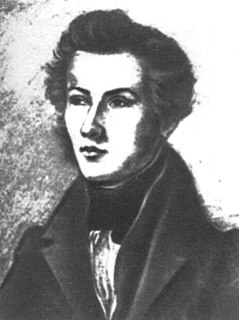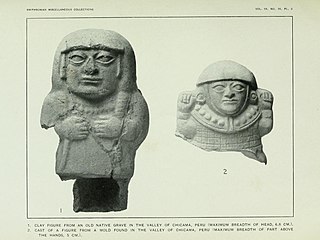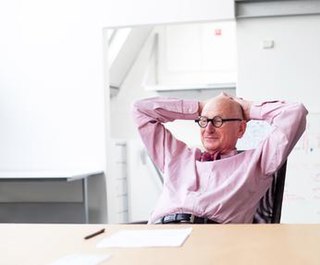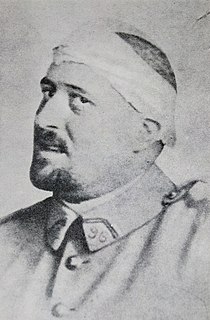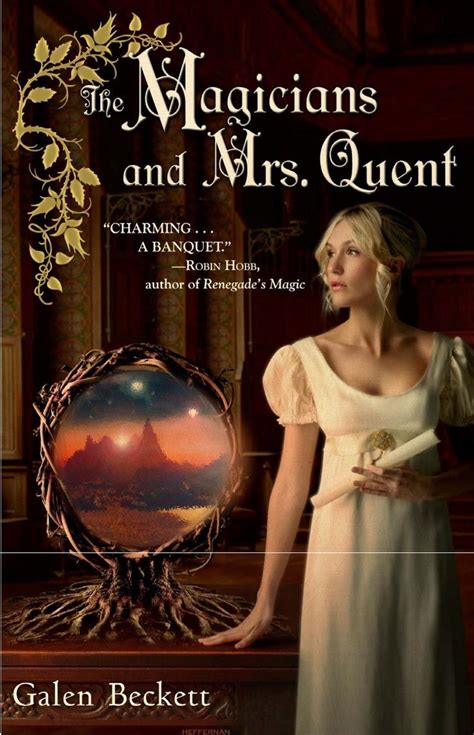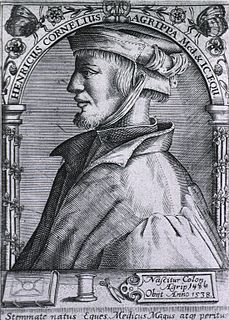A Quote by Baruch Spinoza
But if men would give heed to the nature of substance they would doubt less concerning the Proposition that Existence appertains to the nature of substance: rather they would reckon it an axiom above all others, and hold it among common opinions. For then by substance they would understand that which is in itself, and through itself is conceived, or rather that whose knowledge does not depend on the knowledge of any other thing.
Related Quotes
Therefore, criticism has to direct itself against itself, and against the mysterious Substance in which it has up to now hid itself. In this way criticism must resolve things such that the development of this Substance drives itself forward to the Universality and Certainty of the Idea of its actual existence, the Eternal Self-consciousness.
I am thinking, therefore I exist. (...) I was a substance whose whole essence or nature is solely to think, and which does not require any place, or depend on any material thing, in order to exist. Accordingly this 'I' - that is, the soul by which I am what I am - is entirely distinct from the body, and indeed is easier to know than the body, and would not fail to be whatever it is, even if the body did not exist.
Nature is seen by humans through a screen of beliefs, knowledge, and purposes, and it is in terms of their images of nature, rather than of the actual structure of nature, that they act. Yet, it is upon nature itself that they do act, and it is nature itself that acts upon them, nurturing or destroying them.
For you must know, gentlemen, that when the mariner is dosed, he likes to know that he has been dosed: with fifteen grains or even less of this valuable substance scenting him and the very air about him there can be no doubt of the matter; and such is the nature of the human mind that he experiences a far greater real benefit than the drug itself would provide, were it deprived of its stench.
All knowledge is of itself of some value. There is nothing so minute or inconsiderable, that I would not rather know it than not. In the same manner, all power, of whatever sort, is of itself desirable. A man would not submit to learn to hem a ruffle, of his wife, or his wife's maid; but if a mere wish could attain it, he would rather wish to be able to hem a ruffle.
When a sunbeam falls on a transparent substance, the substance itself becomes brilliant, and radiates light from itself. So too Spirit bearing souls, illumined by Him, finally become spiritual themselves, and their grace is sent forth to others. From this comes knowledge of the future, understanding of mysteries, apprehension of hidden things, distribution of wonderful gifts, heavenly citizenship, a place in the choir of angels, endless joy in the presence of God, becoming like God, and, the highest of all desires, becoming God.
I am convinced that it is impossible to expound the methods of induction in a sound manner, without resting them upon the theory of probability. Perfect knowledge alone can give certainty, and in nature perfect knowledge would be infinite knowledge, which is clearly beyond our capacities. We have, therefore, to content ourselves with partial knowledge - knowledge mingled with ignorance, producing doubt.
Without poets, without artists, men would soon weary of nature's monotony. The sublime idea men have of the universe would collapse with dizzying speed. The order which we find in nature, and which is only an effect of art, would at once vanish. Everything would break up in chaos. There would be no seasons, no civilization, no thought, no humanity; even life would give way, and the impotent void would reign everywhere.
Men look on knowledge which they learn--or might learn--from others as they do on the most beautiful structures which are not their own: in outward objects, they would rather behold their own hogsty than their neighbor's palace; and in mental ones, would prefer one grain of knowledge gained by their own observation to all the wisdom of a thousand Solomons.
I find it expressed in various passages of Scripture that the fact that God knows things while in a state of possibility, when their existence belongs to the future, does not change the nature of the possible in any way; that nature remains unchanged; and the knowledge of the realisation of one of several possibilities does not yet effect that realisation. This is likewise one of the fundamental principles of the Law of Moses concerning which there is no doubt nor any dispute.
Magic is a faculty of wonderful virtue, full of most high mysteries, containing the most profound contemplation of most secret things, together with the nature, power, quality, substance and virtues thereof, as also the knowledge of whole Nature, and it doth instruct us concerning the differing and agreement of things amongst themselves, whence it produceth its wonderful effects, by uniting the virtues of things through the application of them one to the other.

